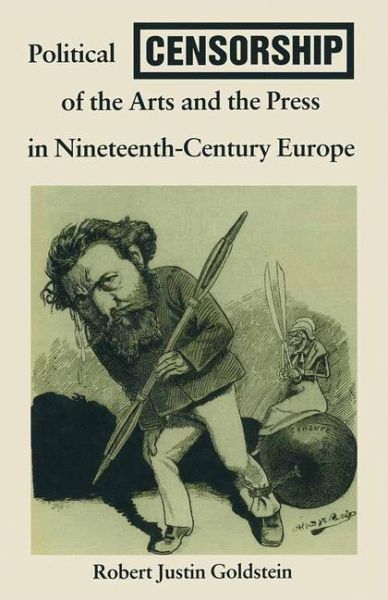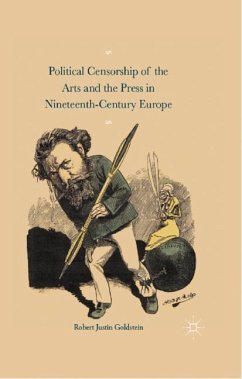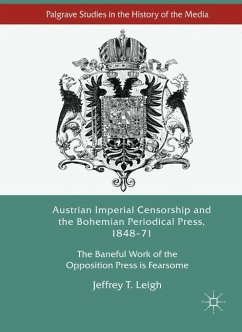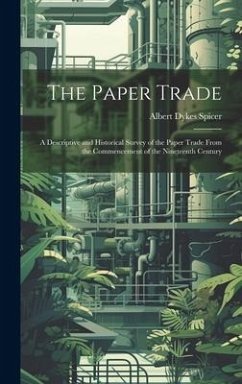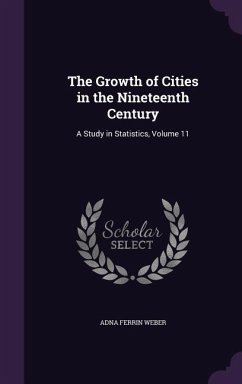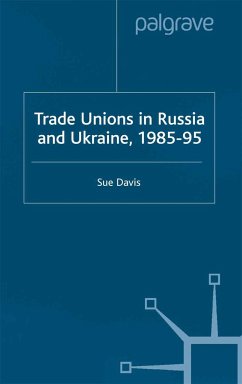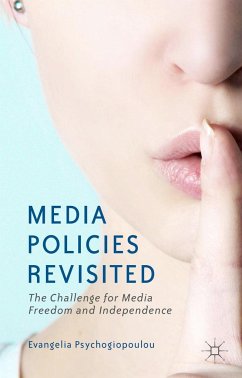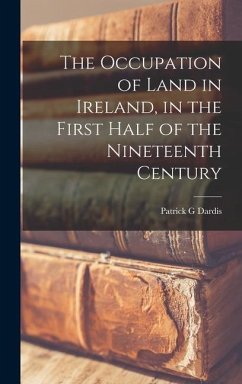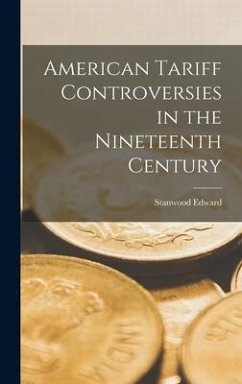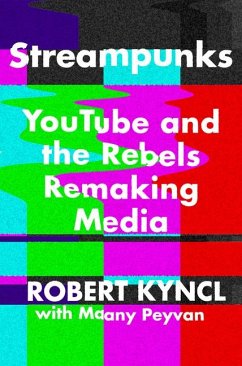"In his short but highly readable and often entertaining book, Professor Goldstein analyses the different kinds of censorship which were imposed in various European countries throughout the 'long nineteenth century'. ... the book has great merits. It deals well with caricature, theatre, opera, and - towards the end of the period - the cinema." (H. Hearder, English Historical Review, April, 1993)
"Robert Goldstein, professor of political science at Oakland University in Rochester, Minnesota, should be the first to be considered if one is looking for an understanding of the effect of political censorship in Europe during the nineteenth century. Well researched and clearly written, Political Censorship of the Arts and the Press in
Nineteenth-Century Europe makes clear that literacy and dissemination have a very strong influence on the power of the government to suppress ideas and access to data that are deemed harmful to maintaining control of the population." (Gerald R. Shields, Library Quarterly, Vol. 62 (2), April, 1992)
"The book under review is an outgrowth of his previous survey ... . book opens with an introduction for the general reader to the political and social developments of Europe under the impact of the French and industrial revolutions. ... anyone interested in how and why European governments attempted to suppress or limit the free expression of opinions and ideas, especially in the arts, will be well served by this book." (J. H. Hoffman, Perspectives in Political Science, Vol. 20 (1), Winter, 1991)
"Political Censorship will interest political scientists ... . Goldstein paints a portrait of a gradual tapering off of restrictions on the media, first on the press and later on theater and cinema, with sharp fluctuations between permissiveness and repression depending upon who held power. ... Goldstein inventories a variety of restraining techniques: government licensing of printers and booksellers, prior restraint of newspapers by state boards, and postpublication seizure and prosecution of offending journalists." (Stephen R. Lefebre, American Political Science Review, Vol. 85, March, 1991)
"The reader emerges with a general sense of the relation in each country between censorship and broader political control. ... The book abounds with examples of these absurdities, and, while they are certainly highly amusing. they should not be dismissed as insignificant; they are, rather, indicators of the relationship between rulers and ruled." (Marianna Tax Choldin, Slavic Review, 1991)
"It is a merit of Robert Goldstein's interesting book ... that it demonstrates the accuracy of this truism. ... Much of the interest in Goldstein's study derives from its breadth. This is the first book to set the British example firmly in the comparative framework. ... Goldstein's volume has material of interest in it and will be read profitably by many readers of this journal." (Joel H. Wiener, English Literature in Transition, Vol. 33 (4), January, 1990)
"Goldstein sees censorship of the arts and press as part of a broader movement of political repression throughout the century. This study contains some excellent quotations and ... it is well written and very informative. Highly recommended for readers interested in the social and cultural bases of censorship. College and university libraries." (M. Deshmukh, Choice, May, 1990)
"Political Censorship of the Arts and Press includes chapters on the press, caricature, theater, opera and cinema across Europe. ... Goldstein provides a useful sense of issues. ... It supplies succinctly and in very readable form background text that will be very useful to others who is to define the relation of censorship to 19th-Century European society and then to test definitions and the relations they hypothesize." (Jeremy Cohen, Journalism History, Vol. 16, 1989)
